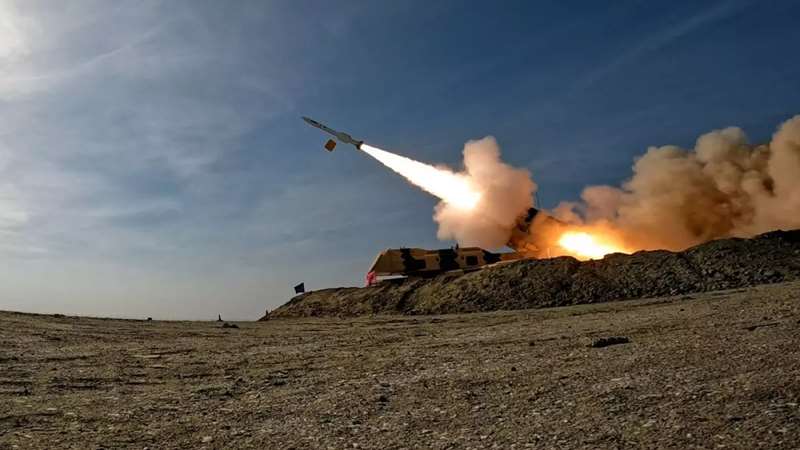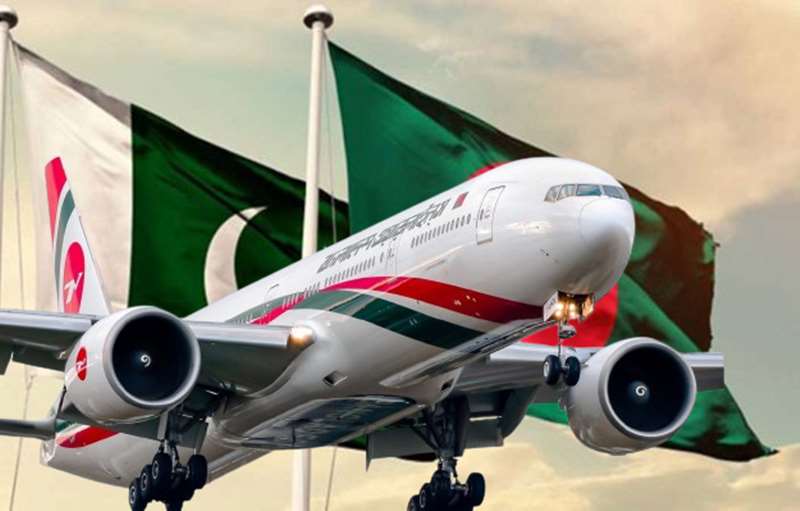Israel's defense against an Iranian attack cost $1 billion

Israel's defense against an Iranian attack cost $1 billion
The recent exchange of hostilities between Israel and Iran has not only heightened tensions in the Middle East but also shed light on the substantial financial costs associated with defensive measures. As Israel grapples with the aftermath of Iran's massive drone and missile attack, the staggering expenses incurred in intercepting the assault underscore the economic strain of regional conflicts. Against a backdrop of escalating military expenditures and mounting international concerns, the need for restraint and diplomatic solutions becomes increasingly imperative.
Financial Toll of Defense Measures
According to Brigadier General Reem Aminoach, a former financial adviser to Israel's military, the activation of Israel's defense systems to intercept Iran's onslaught came with a hefty price tag. A conservative estimate places the cost at $1-1.3 billion for a single night's defense operation. This astronomical figure starkly contrasts with the relatively minimal expenditure on Iran's part to execute the attack, underscoring the economic disparity between offensive and defensive capabilities.
Effectiveness of Defense Systems
Despite Israel's claims of intercepting 99 percent of the incoming missiles, the attack still resulted in damage to the Nevatim Airbase in southern Israel, highlighting the persistent threat posed by ballistic missiles and drones. Aminoach outlines the diverse arsenal required to counter different types of threats, including the Arrow system for long-range missiles and David's Sling for medium to long-range rockets. However, the financial burden of maintaining and deploying these sophisticated defense systems remains a significant concern for Israel's military planners.
Global Response and Concerns
UN Secretary-General Antonio Guterres has issued a stern warning against the escalation of hostilities, emphasizing the catastrophic consequences of another war in the region. Expressing deep concern over the potential for destructive tensions, Guterres calls upon all parties to exercise maximum restraint and refrain from actions that could precipitate a major military conflict. The Secretary-General's plea underscores the broader international consensus on the urgent need for de-escalation and diplomatic resolution to the crisis.
As Israel grapples with the financial repercussions of defending against Iran's attack, the situation in the Middle East remains precarious. The exorbitant costs of maintaining defensive readiness highlight the economic toll of regional conflicts, underscoring the imperative for sustainable peace and stability. Against the backdrop of mounting international concerns and calls for restraint, the onus falls on all parties to prioritize dialogue and negotiation over further escalation. Failure to do so risks plunging the region into yet another devastating war with far-reaching consequences for global security and stability.










পাঠকের মন্তব্য